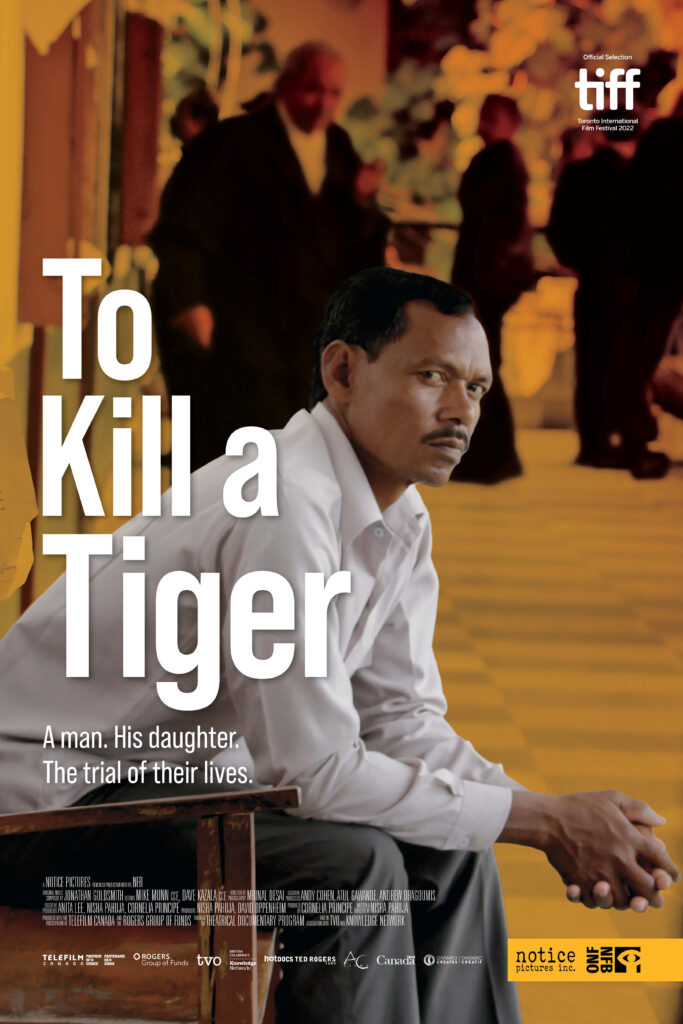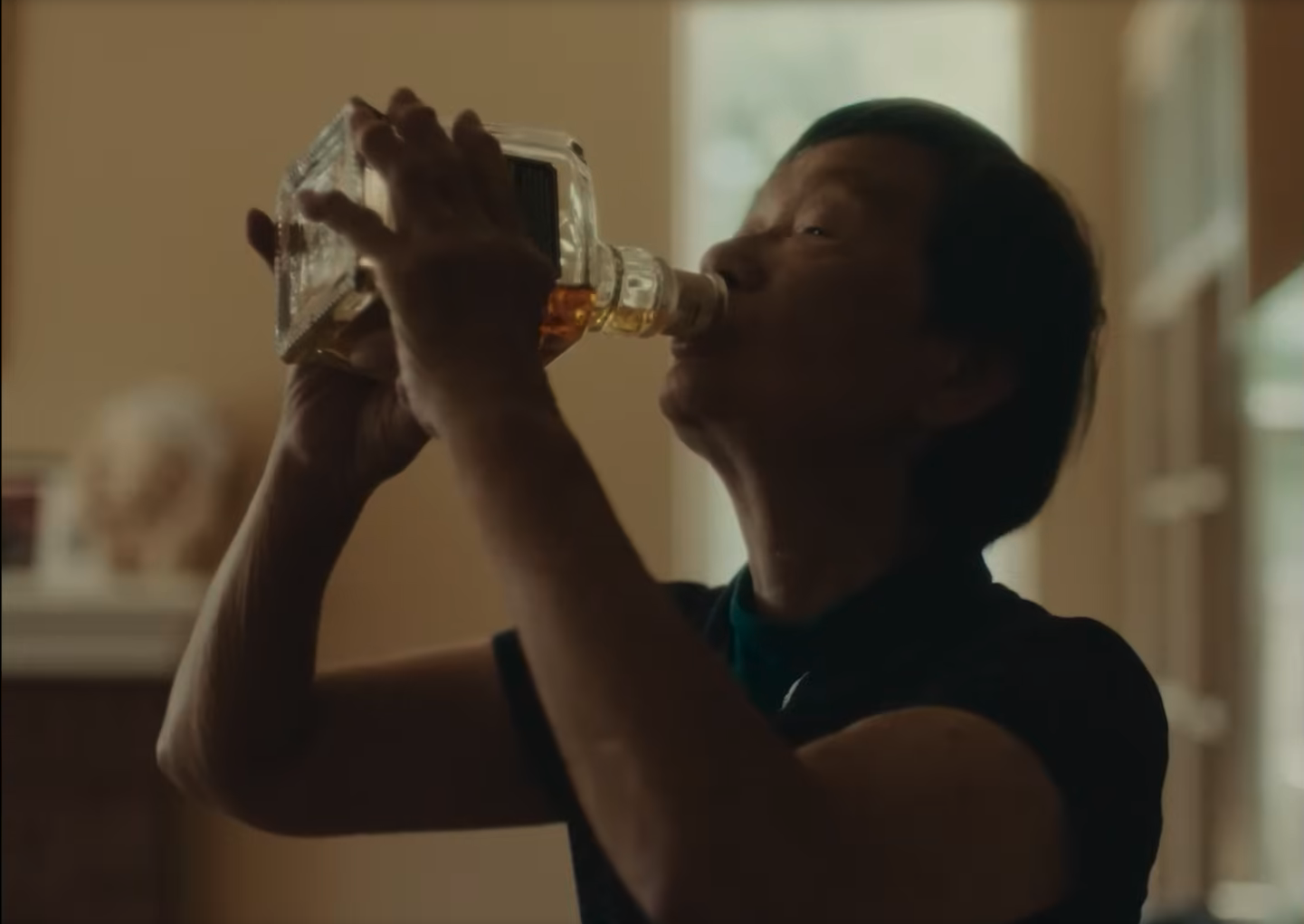
My coverage of the lesser-known films at the Oscars continues with the documentary feature films, which turned reality into some of the year’s best cinematic experiences. As always, these are some of the best films of the year that very few talk about, but before we get to who’s nominated, let’s talk about who got snubbed. As someone who follows documentaries, I was shocked by the absence of Beyond Utopia, which I had predicted for a nomination for most of the year. The film centered on the journey of North Korean refugees and the people who helped them escape, telling the story through a wealth of startling footage shot by the participants themselves. I highly recommend that one even if it wasn’t nominated. There were definitely a few other contenders who didn’t make it to the nominations as well, and that’s just the ones that made the shortlist. Needless to say, I could go on for a while about the film that didn’t even make it that far, but for the sake of brevity, let’s move on to the actual nominees.

The frontrunner this year is about as brutal, urgent, and timely as it gets, and I knew it was likely to win for most of the year. 20 Days in Mariupol is the kind of documentary where the fact that people even get to watch it is a miracle. The film chronicles a group of journalists, among them director Mstyslav Chernov, who are stranded in the Ukranian city of Mariupol as the Russian invasion begins. The group struggles to survive even as they continue their work documenting what’s happening, becoming the global window into the atrocities being committed. I don’t need to tell you that this is a hard watch, but the fact remains that this is a powerful documentary accomplishment on one of the biggest moments in global politics in recent memory. If this doesn’t win, I’m going to be surprised.

Director Maite Alberdi (The Mole Agent) returns to the Oscars with her new documentary The Eternal Memory, a touching movie with some thought-provoking aspects. The film centers on Chilean journalist Augusto Góngora and his wife Paulina, an actor. Augusto and Paulina have known each other for 25 years, but since Augusto was diagnosed with Alzheimer’s, Paulina has become his caretaker. For decades, Augusto exposed Pinochet-era Chile when other news outlets couldn’t or were too afraid to, and afterwards, became a noteworthy cultural commentator in the country. He knows a lot about the link between memory and identity, but now both seem to be leaving him. The Eternal Memory alternates between archival footage of Augusto’s career and personal life, and the relationship between him and his wife, one that has not dimmed in the face of illness. Despite the subject matter, this doesn’t fall into seriously downbeat territory like some other documentaries and films on the topic. There are sad moments, sure, but you still feel the loving relationship at its center, even as his condition worsens, and it can be a very sweet and funny film at times despite its topic. Both one of the year’s best love stories and a testament to the power of journalism, The Eternal Memory was one I very easily predicted to get nominated.

A few years back, director Kaouther Ben Hania made it to the nominations with her film The Man Who Sold His Skin, which I enjoyed. Now she’s back with Four Daughters, a documentary that’s just as heartwrenching as it is utterly fascinating. The film focuses on Olfa, a Tunisian woman and mother of four daughters who is reeling from her two eldest daughters’ decision to join ISIS. Olfa recounts the events that led up to this, but with the two daughters absent, professional actresses are brought in to play their parts (as well as one to portray their mother at times). The result is a brilliant example of metafilmmaking that blurs the lines between reality and reenactment. With the family reconstructing their lives through the film, the making of which is included throughout, it gives insight into issues of generational trauma surrounding the family, and even serves as a form of therapy for the participants. The metanarrative also results in scenes that a simple talking-head documentary couldn’t produce, including a moment when one of the daughters therapeutically confronts her abusive stepfather through the use of an actor, with unexpected results for both the family and the actors involved. It’s a bold piece of documentary filmmaking that I would recommend you seek out for yourself.

One particularly surprising nominee was To Kill a Tiger. In fact, I likely wouldn’t have heard of it at all if it didn’t run in a Manhattan theater I usually frequent last October. A example of courage in both subject and filmmaker, it takes place in a small village in Jharkhand, India as Ranjit, a farmer, seeks justice for the sexual assault of his 13-year-old daughter by three men after a family wedding. When he goes to the police, the village leaders suggest a horrifying compromise: the daughter should marry one of the three in order to preserve her family’s honor and the village’s dignity. Undeterred, Ranjit teams up with an organization to bring the men to trial. What he seeks is not only justice, but a verdict that will lead to the changing of a toxic custom defined by patriarchy. The documentary becomes a real-life thriller as it goes on, as Ranjit and his family face threats from the families of the accused and the villagers. However, what makes this film truly astonishing is how the danger also extends to the filmmakers themselves. With a documentary like this, I’m always surprised how the they were able to get so much access, and eventually, the consequences of that become clear when the villagers become increasingly hostile towards the film crew. The accused begin threatening the camerapeople and a climactic moment near the end of the film will make you happy you’re watching a finished product at all. This is a hard film to watch, but certainly an engaging and thought-provoking one, and I’m glad it got a chance at Oscar gold.

Finally, Bobi Wine: The People’s President was one I felt wasn’t on the level of some of the other nominees (it’s nomination did surprise me), but it is nevertheless an interesting look at how artists can not only speak truth to power, but potentially become the power others need. Bobi Wine went from the slums of Kampala, Uganda to becoming one of Africa’s biggest pop stars. Soon, he starts using his music to address his country’s social issues before becoming a politician, and even running for President against incumbent Yoweri Museveni. However, Bobi’s fame doesn’t change Museveni’s autocratic reputation, which threatens anyone who stands in his way, and it isn’t long before Bobi and his wife Barbie realize that it may not be about whether or not they win the election, but if they live to see the results. It’s a bit overlong, but I was definitely fascinated by this story regardless and I hope the nomination raises more awareness about it. If you value free speech, add this film to your watchlist.
As mentioned, my pick is 20 Days in Mariupol, but all of these films are worth watching in my opinion. Stay tuned for more of my coverage of this year’s Oscars.




Leave A Reply